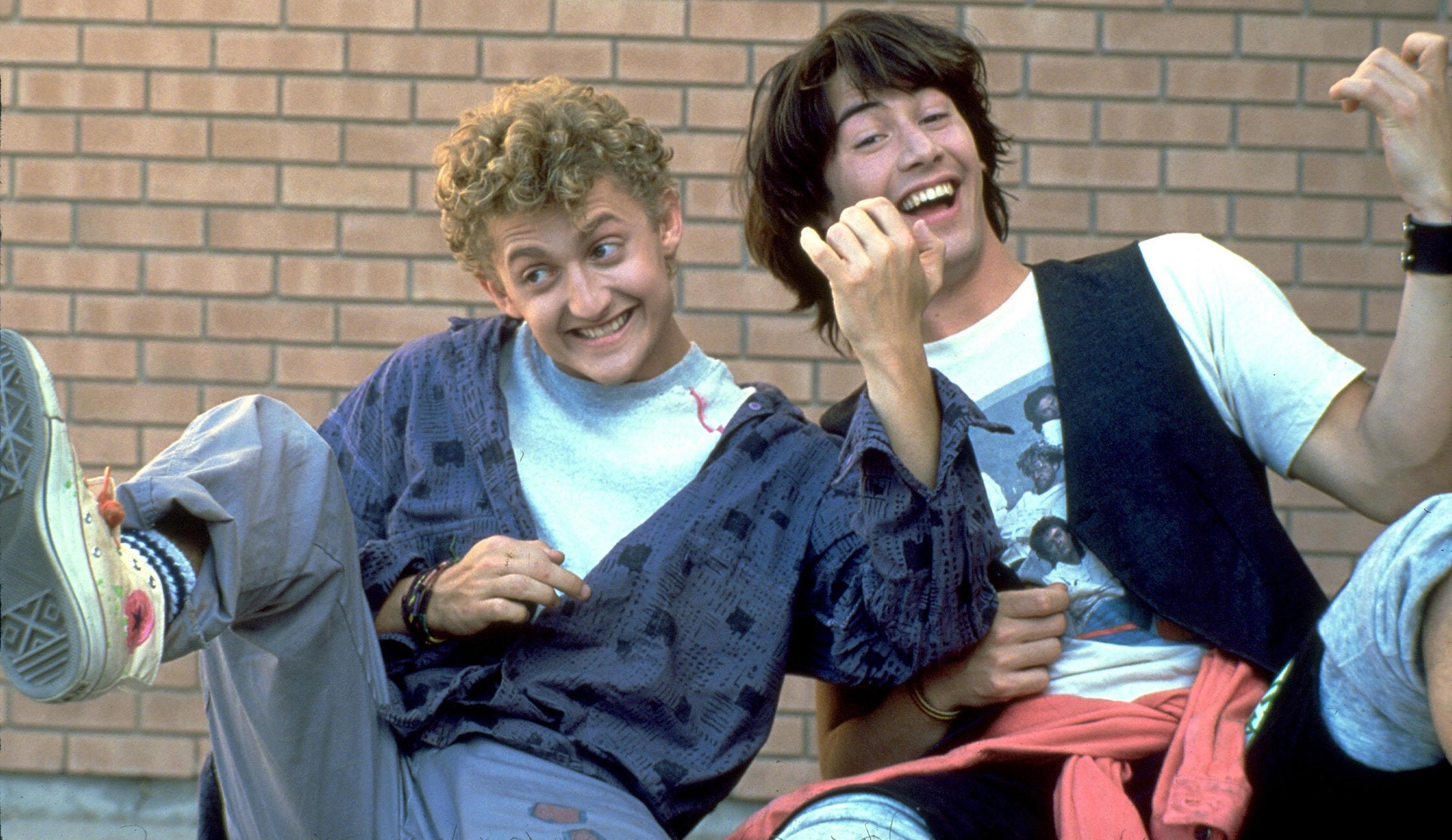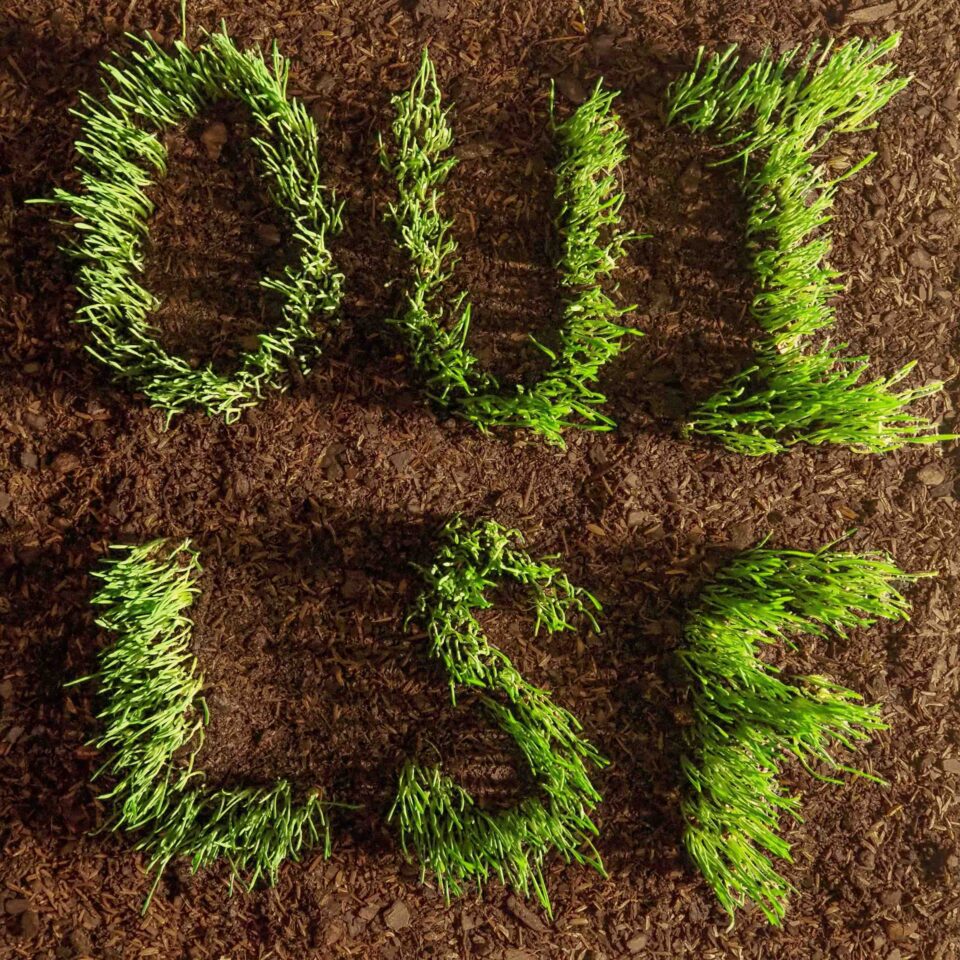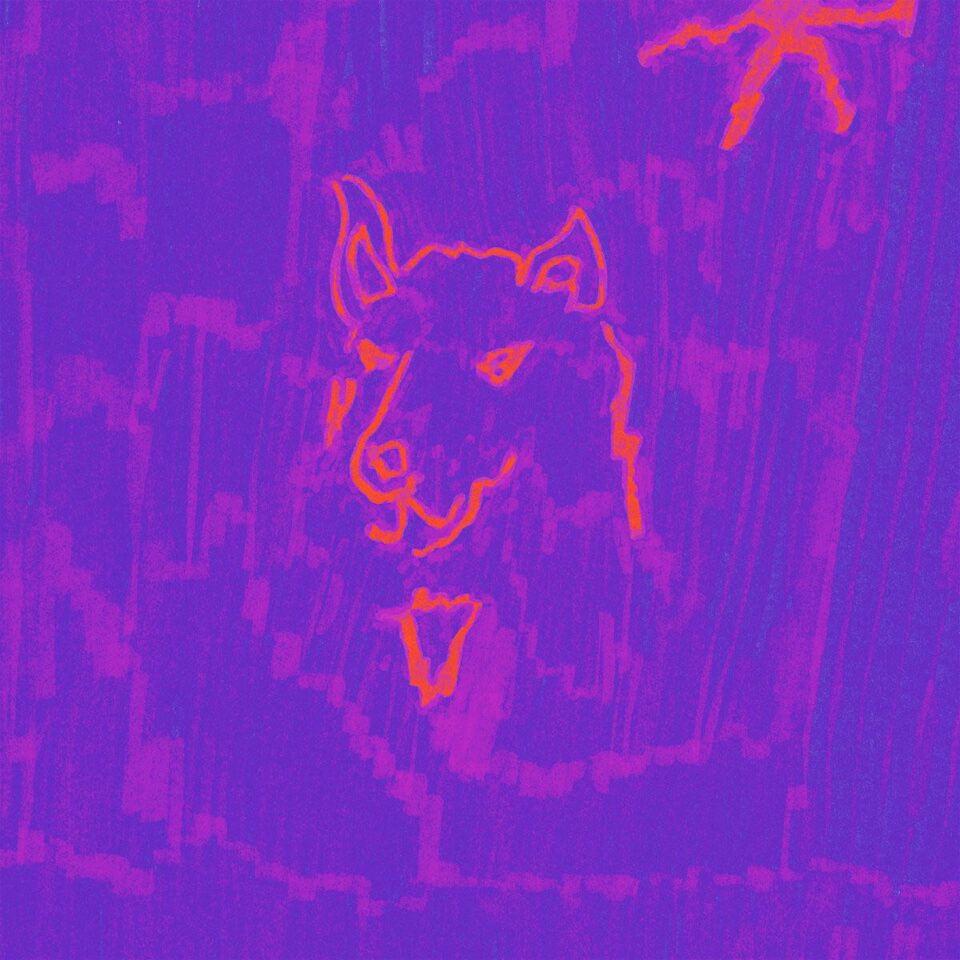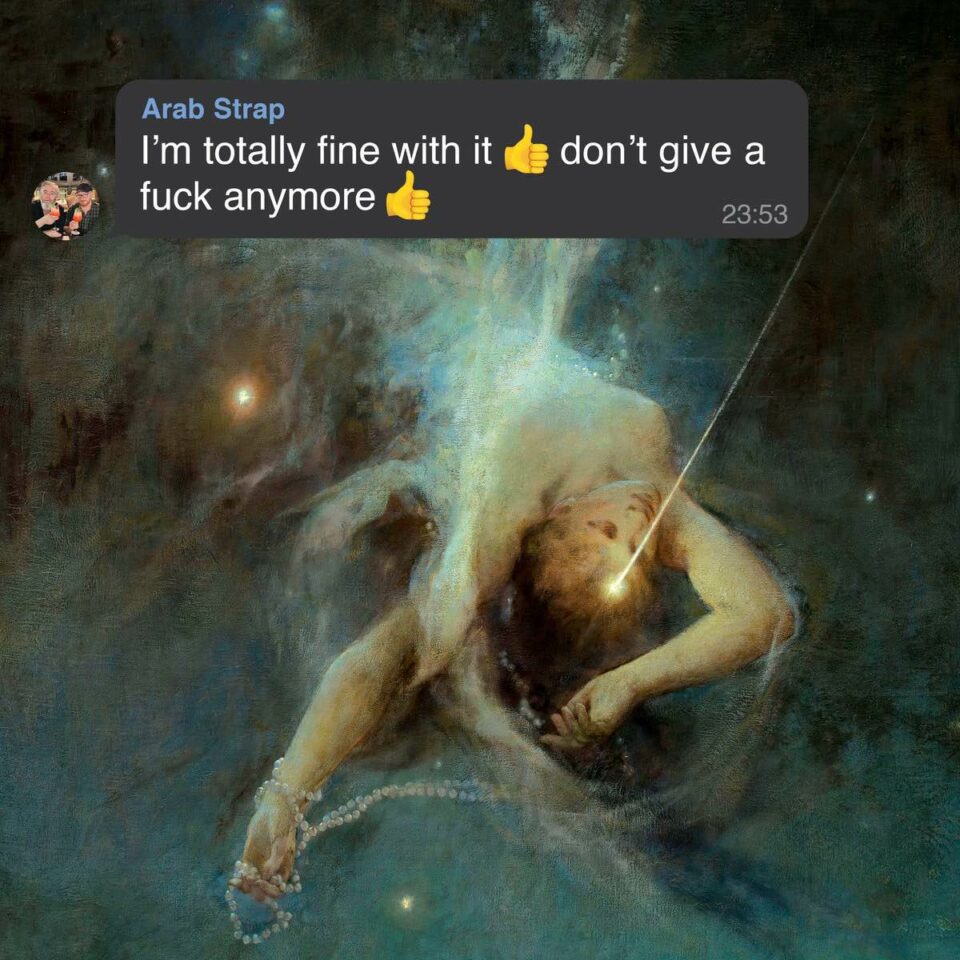On Being Awesome: A Unified Theory of How Not to Suck does something you might expect, given its title: It doesn’t suck.
That’s a technical term. While it appears on the surface to be a work of what we might call novelty semantics—“Oh, haha, I guess that is what we mean when we say ‘awesome’”—author Nick Riggle quickly and convincingly makes the case for the pursuit of awesomeness (and the avoidance of suckiness, its mortal enemy) as a legitimate social aim.
Yes, Riggle teaches in San Diego, brah, and yes, he is a former professional inline skater who made appearances at three consecutive X Games, but “awesome,” as he defines it, doesn’t delineate someone who’s developed a chilled-out personal brand. “Chill,” in fact, is a form of awesomeness of dubious worth, and brand-building in this telling runs counter to truly awesome work: To be awesome is to pursue “an ethics that governs the expression and mutual appreciation of individuality,” as he puts it.
Put differently, an awesome person is someone who pushes against outdated or unquestioned norms—whether aesthetic, moral, athletic, or whatever—while also opening space for people who are not like them to do the very same. It’s about looking at our social interactions the way a couple of skaters might see an office park: as a place for mutual play. In a pluralistic world that fractures further by the minute, being awesome might be the only viable model for the future of our society.
It’s a complex argument that takes us from the worlds of street art, political activism, and community building to professional figure skating, the origin of the high five, and the question of whether Grizzly Bear is more awesome than Pete Seeger. So we called up Riggle to ask for some clarification.
Is this book descriptive or prescriptive? In other words, do we already tend to use “awesome” to mean one particular thing, or are you using the term to describe an otherwise-unnamed phenomenon?
It’s actually a little of both—it’s what we call a constructive theory. It’s supposed to describe the use of a word in a way that captures the value that it has. I make a point in the book of saying that we use the words “awesome” and “sucks” in a variety of ways, and sometimes we just need to say, “That’s awesome, I like it,” and it’s not any deeper than that. But if that’s all there was to the term, it wouldn’t be worth writing a book about it. As I looked into it more and more, and started to construct this idea that awesomeness and suckiness have this more profound social meaning, I began to think that it was worth figuring out what that was exactly and seeing if there was anything more to it.
Given its origin, is it fair to use the word “awesome” to describe things that don’t literally inspire awe?
I think it’s totally fair, and it’s not arbitrary. It’s actually a natural use of the word “awesome,” insofar as awe-inspiring things—“awesome” in the traditional sense—motivate us or inspire us to do awesome things in the new sense. There’s some interesting research out there that shows that when we experience awe, we’re moved to create social connections; we want to tell people about the awesome thing we saw, we want to share the album that we heard. It’s a motive to create social openings. Awe inspires us to be awesome.
The crux of your argument for awesomeness is built around the idea of creating those social openings. Can you explain that a bit further?
We’re often governed by a range of—hopefully—useful social roles and norms that structure our daily lives. When we engage in these roles, we’re a kind of generic person, and there’s nothing wrong with that. When you order a coffee, you and I are basically the same person: We say the same things, we’re polite in more or less the same ways. Nothing about our individuality shines forth. Society needs those things; they’re important for society to move along efficiently.
“Awesomeness is a system of evaluation that thrives when we have a culture that’s peaceful, egalitarian, and respectful.”
But we create a social opening when we break out of those roles and express our individuality to someone who’s also just enacting a role. When you do that, you enable them to break out of their role and express their individuality. A social opening occurs when someone breaks out of their habits in a way that expresses who they are as an individual, but that also allows the person they’re interacting with to express themselves; [social openings are] successful when there’s a mutual appreciation of individuality.
Whether something is “awesome” or “sucks,” you say, is not synonymous with it being moral or immoral. Is awesomeness the only lens through which we should see the world?
I don’t think it’s the only lens—I think it’s the icing on the cake. Awesomeness is a system of evaluation that thrives when we have a culture that’s peaceful, egalitarian, and respectful. We need these norms of morality to structure our interactions at the ground level. It’s only when that’s sufficiently secure that we can enact the ethics of awesomeness. In other words, we have to treat each other as persons before we can treat each other as individuals. To extend the metaphor, what’s a cake without icing? You can still eat it, but it’s dry and not as good as it could be.
Is awesomeness universal? Can we all agree that a certain action is awesome, or is it in the eye of the beholder?
Whether someone is really creating a social opening can vary from individual to individual. If I’m a vegan and someone offers me venison jerky that they made themselves, there’s something appreciable about it, but I’m a vegan; that’s insensitive! So it varies depending on taste and style. The art of creating social openings is a subtle art. You have to be careful about who you’re speaking with, what the circumstances are, and in some cases you already have to know something about the individual.
It seems like awesomeness practiced at a higher level would mend the fissures in our society without our having to sacrifice the gains we’ve made as individuals in the past sixty-ish years. That seems suddenly to be incredibly important, given that certain forces are trying to re-homogenize our society. To what extent is awesomeness the cure for white supremacy?
There’s been a lot of pushback against the cultural revolution of the ’60s. Some of it’s racist, some of it is fear of the unknown… Probably a lot of it’s racist, and homophobic, and transphobic, and just sucky and shitty. Recently we’ve seen a lot of this value coalescing, where people are structuring their lives around certain values and seeking others who are doing the exact same: white supremacy, et cetera. It’s the same thing you see with cults, creating a sense of individuality by forming groups around that sense of individuality and seeming to enhance its value by amplifying the sense of group cohesion. That really sucks, technically speaking, because you distort your openness to other forms of individuality. Awesomeness is about cultivating a baseline down-ness, being down to explore your individuality with other people. So the ethics of awesomeness runs counter to a lot of strong currents in culture right now.
IS IT AWESOME, OR DOES IT SUCK? AWESOMENESS THEORY APPLIED:
Dylan going electric.
My take on it is that it was in general an awesome thing to do, but he did it in a sucky way. He was slightly disdainful toward the fans that loved him—his folk fans. And to do it in a dismissive, “I’m a badass”/cool-guy way… It’s on the asshole-y side of things.
Quoting Austin Powers.
I would love it if someone quoted Austin Powers, but I can imagine lots of people who would have legitimate reasons for not loving that. It was wack by 2000, for sure.
People who say “awesome sauce.”
There are certain phrases that stick in your side, and that’s definitely one of them. I wouldn’t generalize about people who use the phrase, but the phrase itself sucks. Although there’s this guy who makes Awesome Sauce, and I kinda love that. Playful uses I like, but sincere uses, no.
Guy Fieri.
[Sighs.] I guess I’m on record saying this. His style’s kinda wack, and wackness is a form of suckiness. But, I wanna say he’s kinda awesome in spite of his style. He goes around and sheds a positive light on a lot of these homespun restaurants that are doing awesome things: They’re bringing people together around innovative and outlandish forms of cuisine.
Donald Trump’s dismantling of political norms.
Very, very sucky. These are important norms to keep in place so we can maintain a society of mutual respect and peace and kindness—the kind of society that allows awesomeness to flourish. He’s doing all he can to dismantle that and create a much suckier world. FL









